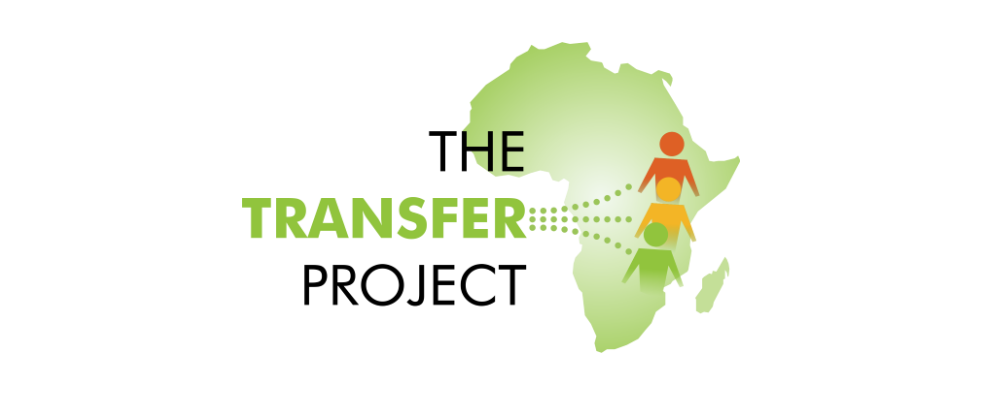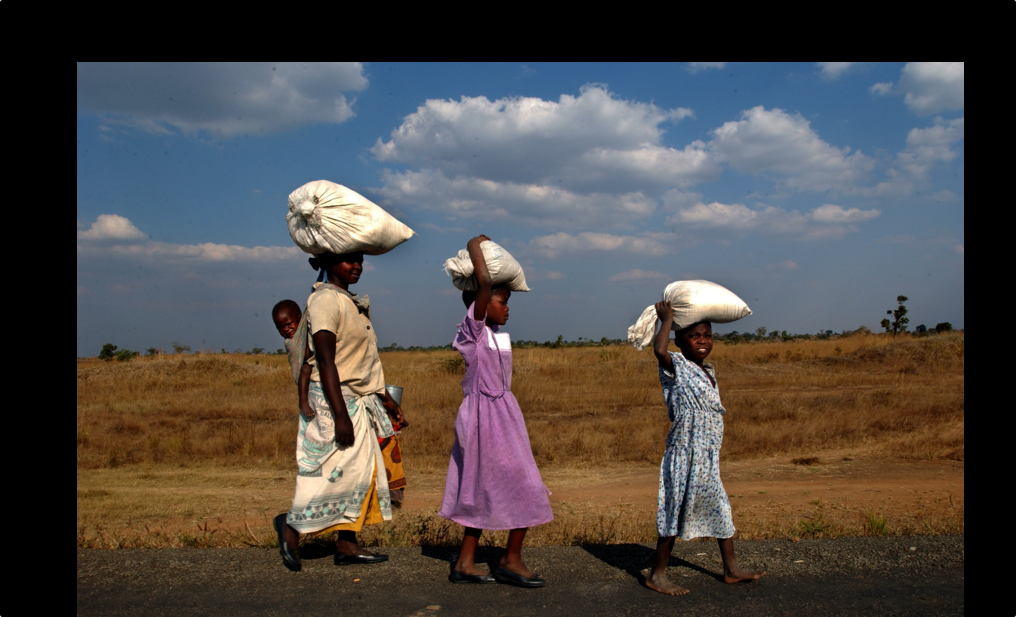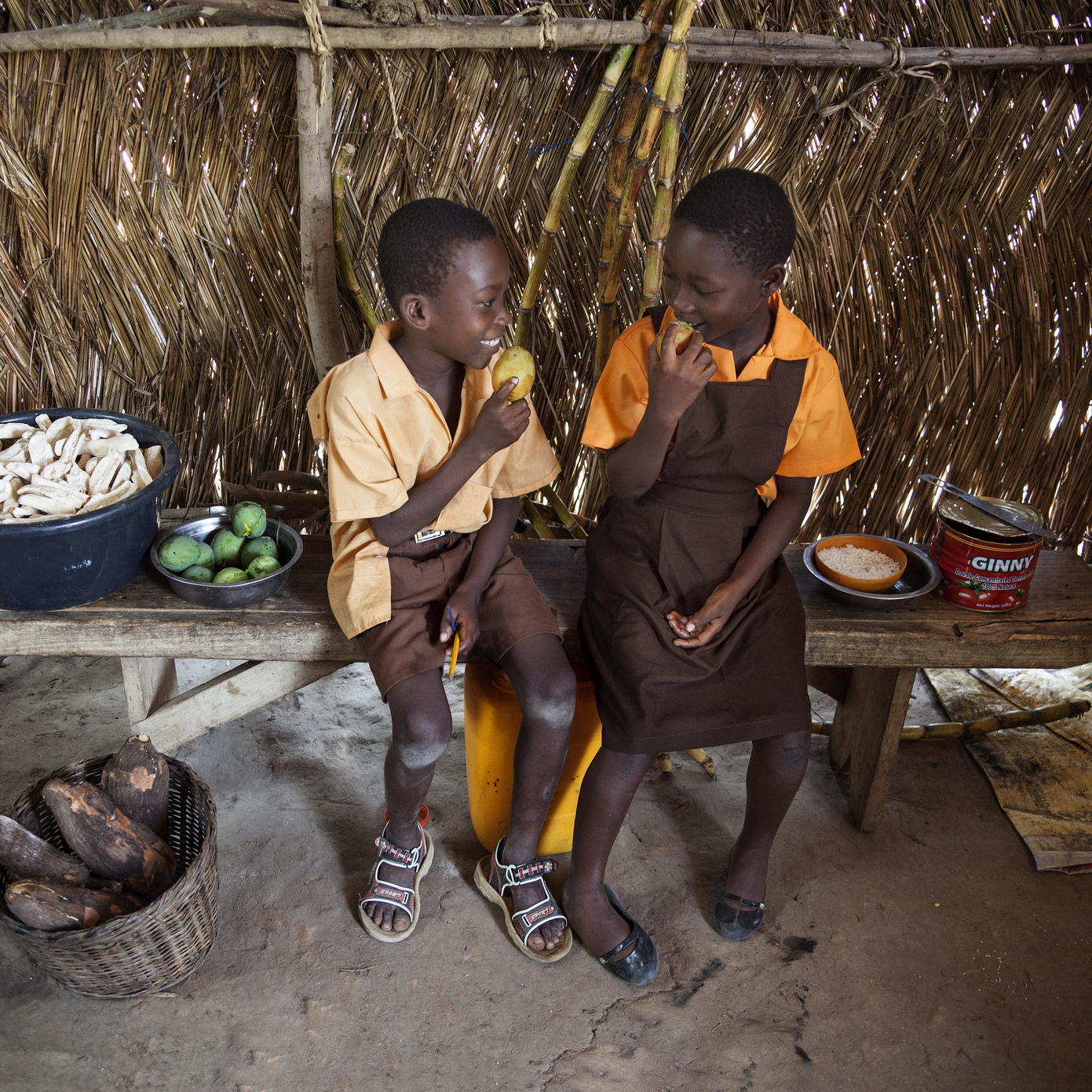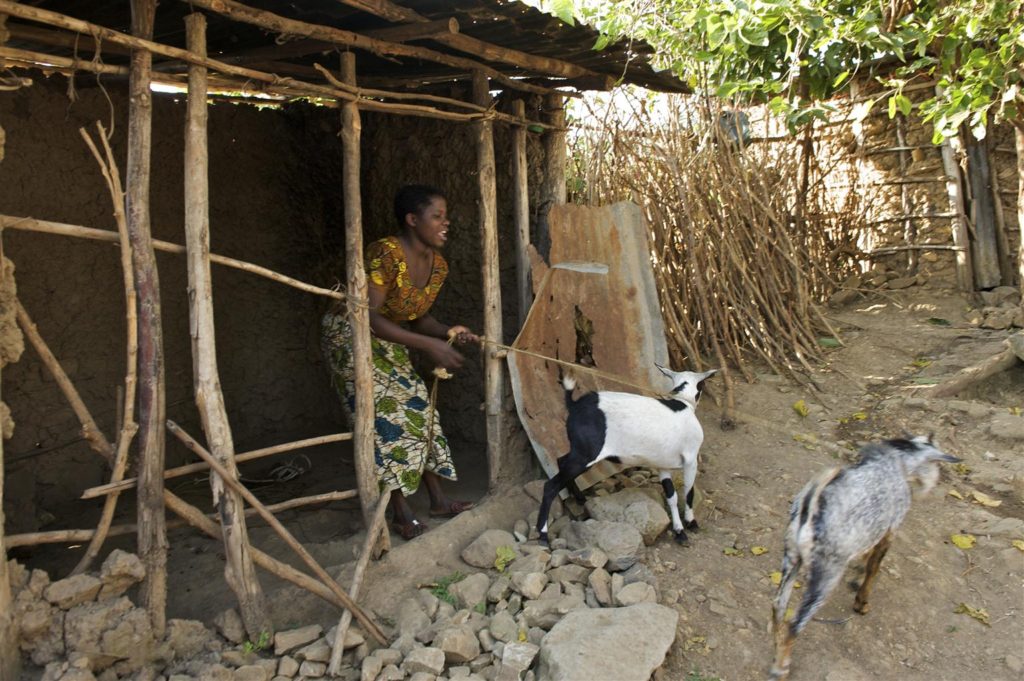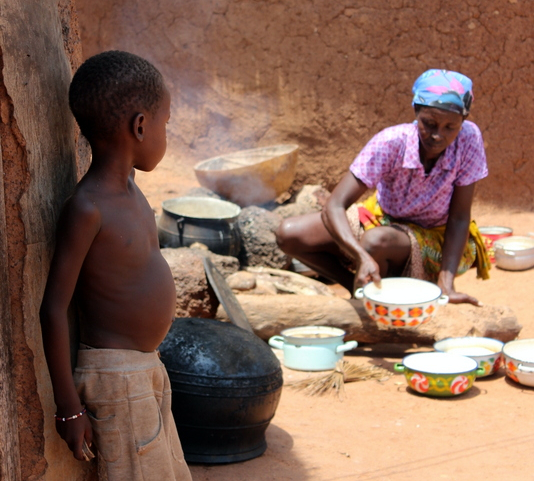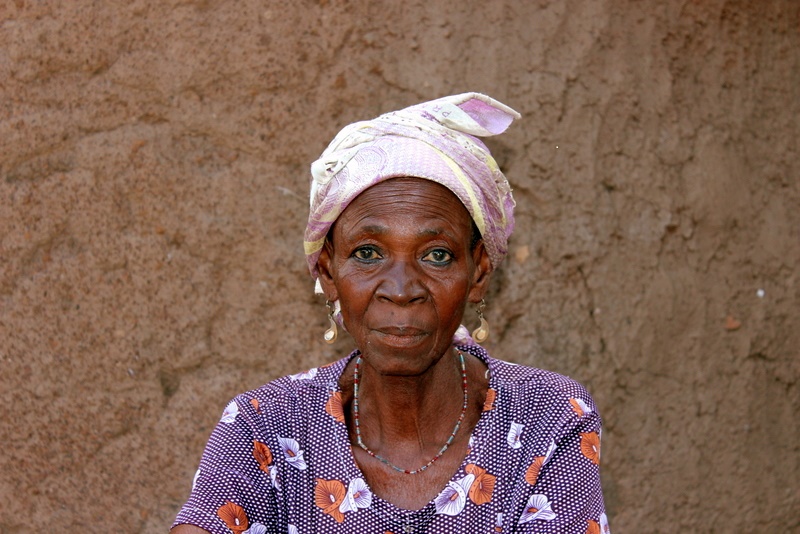Blogs
Food is a basic necessity of life. You probably know the grim statistics: one in four children are stunted, approximately half of all deaths among children under 5 are attributable to malnutrition, and in the developing world alone, 66 million children of primary school age go to school hungry. These numbers are alarming and unacceptably high. And…
In international development, research is never purely an academic exercise. Its purpose, ultimately, is to provide knowledge that can be used to improve the lives of poor and vulnerable populations. Yet, despite increased focus on understanding the influence that research has on development policy and practice, methodology for measurement is still in its infancy.
Leah Prencipe, UNICEF Office of Research-Innocenti - I have just returned from rural Tanzania, where I got to see one of the largest social protection programmes in Africa in action. The Productive Social Safety Net provides three types of support to poor and food insecure households: conditional cash transfers, ‘cash for work’ and livelihood enhancement.
During a recent trip to Ghana, we presented the baseline findings from an impact evaluation of the LEAP 1000 cash transfer programme to UNICEF colleagues, government and development partners. LEAP 1000, an extension of Ghana’s Livelihood Empowerment Against Poverty programme, targets households with young children. It is designed to improve the nutritional status of children…
In discussions with stakeholders, there are two gender assumptions we hear repeatedly: 1. giving benefits to women (rather than men) will result in better outcomes – particularly for children 2. transfers will increase women’s empowerment. In other words, paying attention to gender is important not only to deliver better programme results, but also as an…
